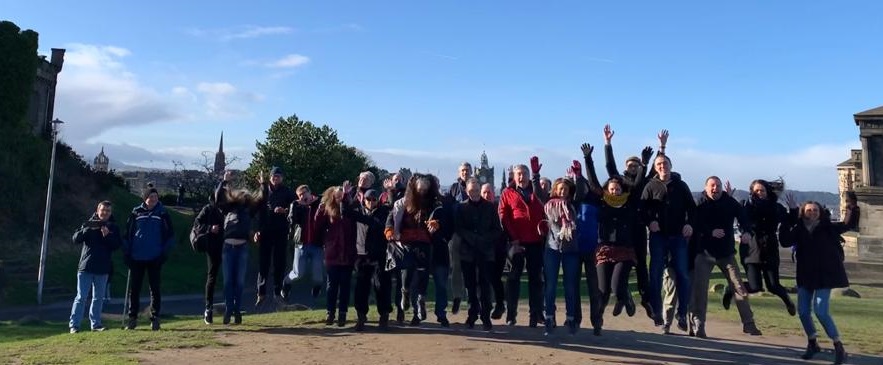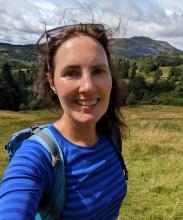BioSS is committed to a process of continuous improvement in our research culture, ever more strongly placing openness, transparency and research integrity at the heart of our work. This policy is consistent with the Scottish Government’s commitment to Open Science and the RESAS Open Research Policy, and is driven by our recognition of the need for greater transparency in publicly-funded science and of the benefits that an Open Science approach delivers to the wider scientific commmunity.

We are working with the other Scottish Environment, Food and Agriculture Research Institutes (SEFARI) to build a stronger Open Science research culture. As one of our contributions to these activities, we are developing and delivering training activities on topics in which we think we have a particularly distinctive and useful voice; at the moment we think these are likely to include
- reproducible data cleaning
- principles of good data management
- reproducible analytical pipelines
- exploring the key concepts of reproducibility and replicability
- use of the GitLab platform for version control and publication of software products.
As quantitative specialists with a specific focus on application-driven science, we believe that we could have a distinct and valuable role in helping define and propagate good practice for Open Science. Hence, in the longer term, we aspire to extend the availability and use of our educational resources to the wider scientific community.
Within BioSS we are keen to create and make accessible user-friendly software, to enable the algorithms developed in our research to be widely used and easily deployed and applied by non-technical users.
We are committed to the FAIR principles of findability, accessibility, interoperability and re-useability, and have worked with a large group of collaborators to develop a software infrastructure, the FAIR data pipline, to support researchers in maintaining these principles when developing, parameterising and using mathematical models to generate evidence for policy makers. Further information and code can be accessed at the project git repo.
As part of our Open Science objectives we have developed a number of Open Science Resources which, in the spirit of Open Science, we have chosen to make freely available to help others achieve similar goals. These currently include a collection of FAQs, information about version control using git, and advice on tools to help produce open source software. Other resources will be added as our activities develop further.

